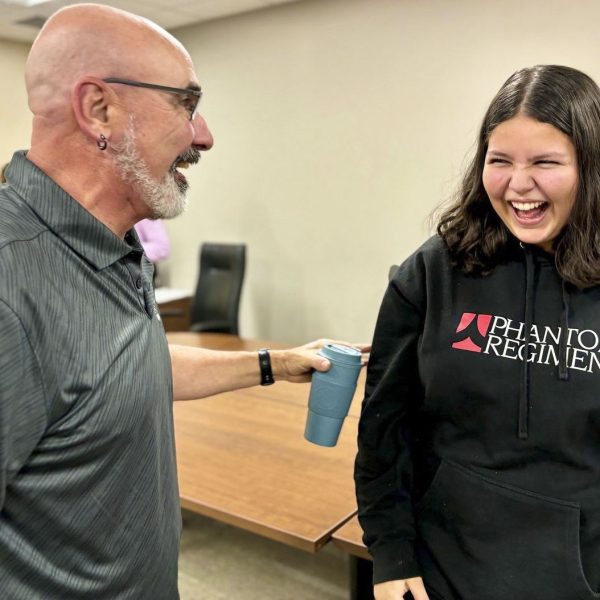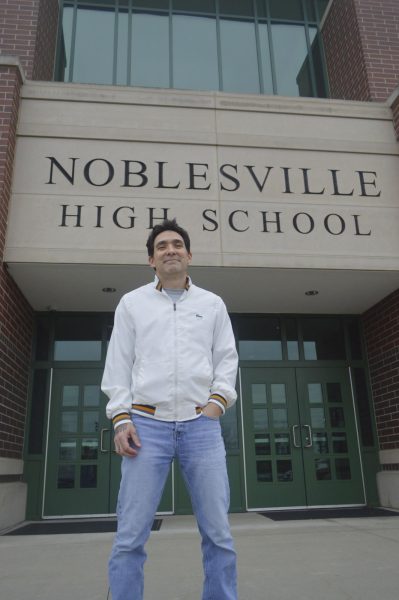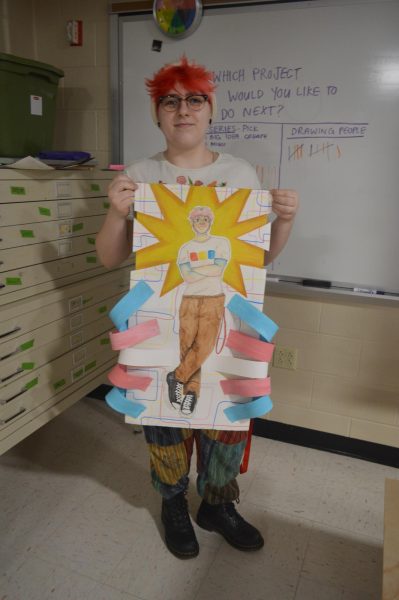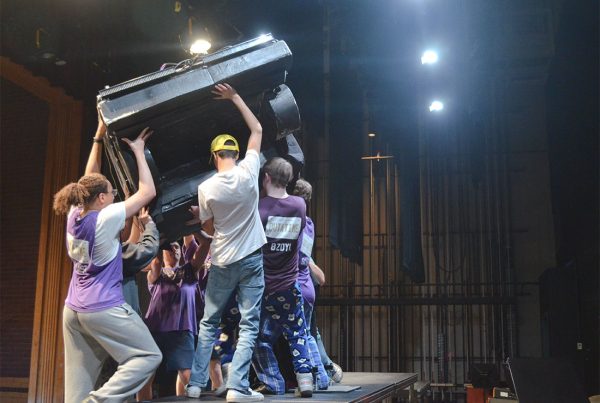Escape from the Taliban
March 23, 2016
What happens when you become a refugee? You wait.
At the age of seven, junior Ali Yaghamaee and twenty-three family members applied for citizenship to the United States. Eleven years later, Yaghamaee and his remaining three family members completed the long trip and crossed into American soil.
Iran had always been home to Yaghamaee. However, Yaghamaee is of Afghani descent.
“[Iranians] don’t like Afghan people,” Yaghamaee said. “My father was a soldier for Afghanistan. Then the Taliban came and said, ‘If you’re not going out, we will kill you.’”
Due to political circumstances between Iran and the United States, Yaghamaee and his family were forced to wait more than a decade before moving out of the country.
“In an Iranian school or college, I can do nothing,” Yaghamaee said. “Just going to school every morning, and back. That’s nothing. Iran is nothing.”
Other family members, including his father, never lived to see the freedom that America promised.
“[My father] had heart problems,” Yaghamaee said. “I was eleven [when he died.] My two cousins in Afghanistan died because of the Taliban. We don’t know where my two brothers are.”
Now that Yaghamaee has made it to America, he has goals he would have never been able to achieve in Iran.
“I want to go into the police, FBI or maybe into a business job,” Yaghamaee said. “Everybody needs freedom, for something good. Freedom looks like you can talk, you can have everything you want. You can do anything.”
While the road has been hard, Yaghamaee retains overall negative views towards the persecution in the Middle East and positive views toward the opportunities offered in America. Living in Iran, he witnessed many forms of persecution.
“If a [Muslim] girl doesn’t have a scarf or headwear, they will cut her neck,” Yaghamaee said. “I’ve seen this.”
Kind of puts high school dress code into perspective, doesn’t it?












